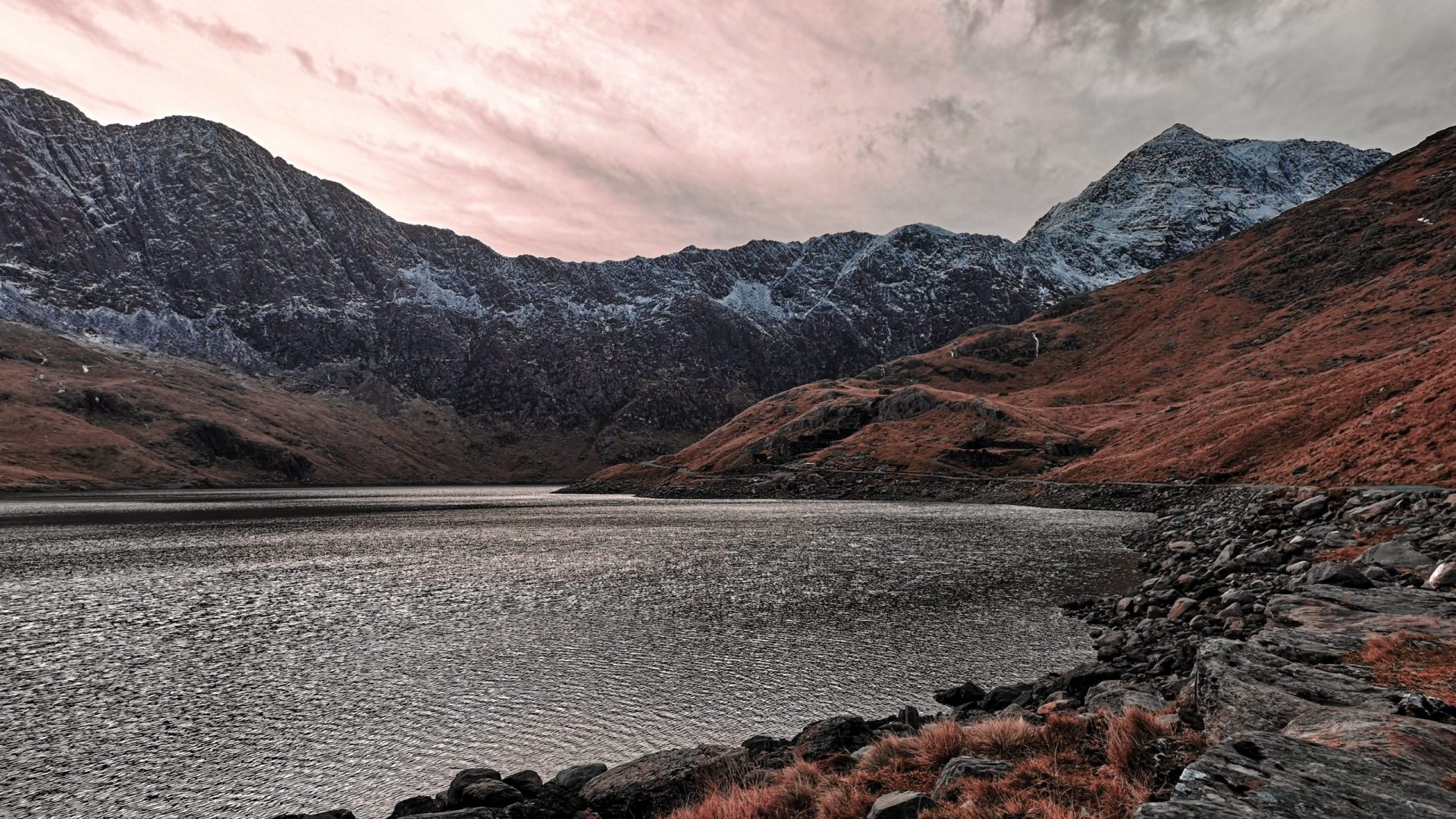
National Parks are often synonymous with nature, and therefore with sustainable recreation. Which we should all want more of, right? Well, as it turns out, it’s complicated.

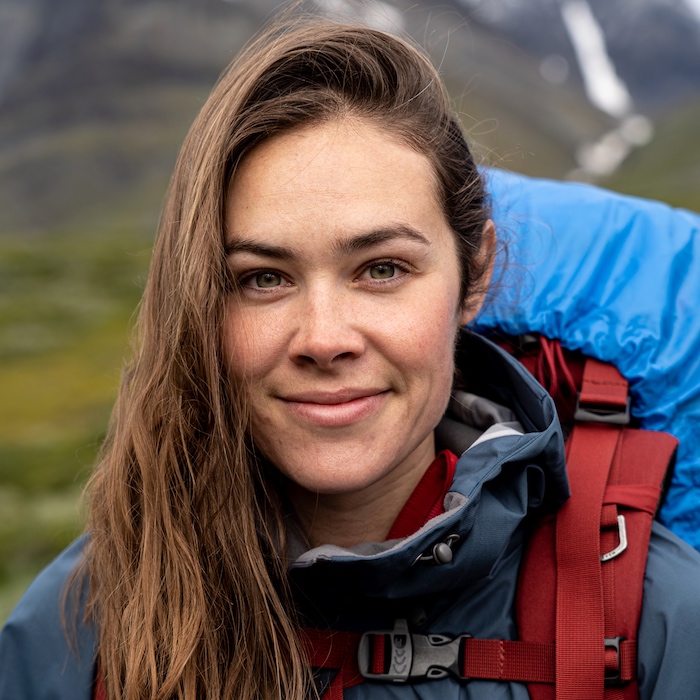
National Parks are often synonymous with nature, and therefore with sustainable recreation. Which we should all want more of, right? Well, as it turns out, it’s complicated.
There are currently thousands of national parks around the globe—at least 6,555, by one count—all established in the last 250 years. Establishing new national parks can involve years of public debate and controversy, and poses an interesting sustainability question: At what point does the protection and promotion of scenic landscapes outweigh the irreversible changes hoards of visitors could have on local communities and fragile ecosystems?
Depending on who you ask in Wales, establishing a new national park could be a huge problem.
Wales is currently considering creating its fourth National Park. The area would encompass the Clwydian Range and Dee Valley Area of Outstanding Natural Beauty in the country’s northeastern corner, about 30 miles west of Liverpool, England. Some local residents and government officials say it could bring much-needed revenue to the area. Others worry an influx of visitors could overwhelm existing infrastructure and cause housing prices to spike, rendering communities unaffordable for long-time residents.
It’s a question many communities have faced as they weigh their community infrastructure against the potential for increased tourism and revenue. Residents in Utah, for example, have something of a love-hate relationship with their five National Parks because they drive massive international visitation. Those tourists wear down climbing holds in beloved local crags, queue for miles to get into Arches National Park and trample fragile ecosystems… but they also bring with them about USD$2.6 billion in tourism revenue.
That’s exactly the trade-off that residents of the Clwydian Range and Dee Valley AONB are weighing up, though it’s more of a front yard situation than NIMBYism (‘Not In My Back Yard’ attitudes, which foster gatekeeping). Unlike national parks in the US, Canada, Australia, Argentina, South Africa and other countries where protected lands are typically vast swathes of federally owned land, parks in the United Kingdom include private land, private businesses, and whole communities. Over 30,000 people are estimated to live in Wales’s Bannau Brycheiniog National Park, for example (also known by the English name Brecon Beacons), and National Parks England estimates that over 320,000 people live in National Parks in England.
While Areas of Outstanding Natural Beauty in the United Kingdom enjoy some protected status for conservation, national parks tend to generate more conversation and visitation thanks to the attention that their status garners. That’s partly because national park status comes with funding for an authoritative body to manage and promote the area for both its natural and cultural resources. Also, the name “national park” is used pretty universally throughout the world, so it’s easy for visitors to stumble upon such areas (and for them to make prolific top-10 lists); the name Area of Outstanding Natural Beauty is decidedly more niche.
It makes sense, then, that some local residents are nervous that elevated status could create an influx of visitors whose money inflates local housing prices and makes it less affordable to live in the community. The Airbnb effect on scenic towns has been well-documented, and so too has the impact of second homes in Cornwall, a rugged, coastal county in England’s southwestern tip, an issue explored in this podcast series by Seamas Carey which looks at Cornwall’s social issues and culture wars.
David Williams, a farmer who lives near the proposed park points to traffic and parking chaos in and around Snowdonia National Park. He said he wants to make sure the authorities have learned from mistakes before the new park is approved. His own business could benefit from increased tourism, but still, he’s worried about the potential drawbacks. “We’ve seen the traffic and the house prices going up, we can see the troubles,” but we can see the positives too with the businesses there doing well,” he told ITV.
likewise, Cadi Hâf Newell-Jones, a former Snowdonia resident, acknowledged that tourists can bring much-needed income, but Airbnbs can make housing unaffordable and “spoil it for the locals,” she told ITV. “Sometimes it can get overcrowded and it’s difficult for young people to buy their own homes.”
On the other hand, the appeal of tourism revenue is hard to pass up for owners of small businesses who stand to benefit from more visitors. The area is “forgotten about on the stage which national parks have,” Pip Gale, owner of Gales Wine Bar and chair of the Dee Valley food and drink group, told Sky News.
“We don’t do much around here other than tourism,” he said. “So I think it is important to do what we can to increase the industry of tourism in our area. Are we ready for it? Possibly not. But I think it’s worth going for.”
***
Adventure.com strives to be a low-emissions publication, and we are working to reduce our carbon emissions where possible. Emissions generated by the movements of our staff and contributors are carbon offset through our parent company, Intrepid. You can visit our sustainability page and read our Contributor Impact Guidelines for more information. While we take our commitment to people and planet seriously, we acknowledge that we still have plenty of work to do, and we welcome all feedback and suggestions from our readers. You can contact us anytime at hello@adventure.com. Please allow up to one week for a response.

Kassondra Cloos is a travel journalist from Rhode Island living in London, and Adventure.com's news and gear writer. Her work focuses on slow travel, urban outdoor spaces and human-powered adventure. She has written about kayaking across Scotland, dog sledding in Sweden and road tripping around Mexico. Her latest work appears in The Guardian, Backpacker and Outside, and she is currently section-hiking the 2,795-mile England Coast Path.


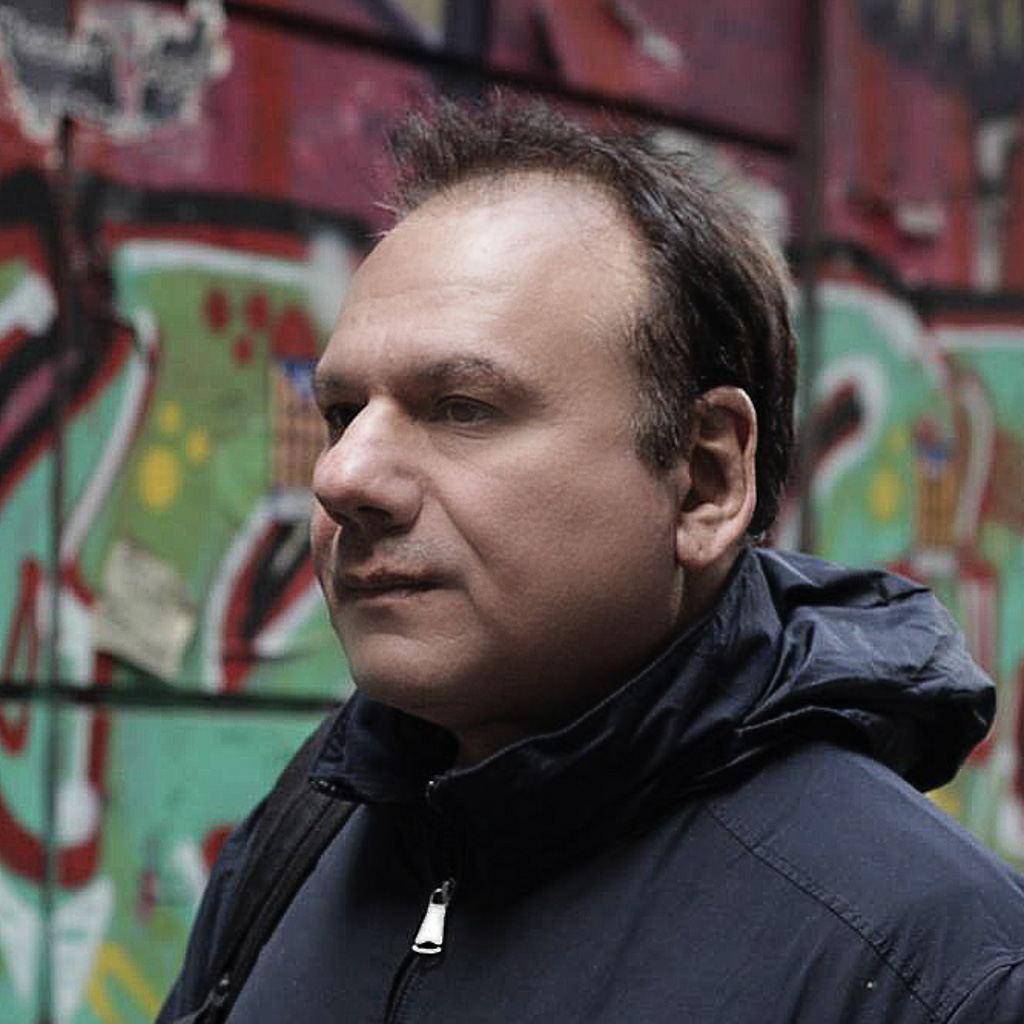

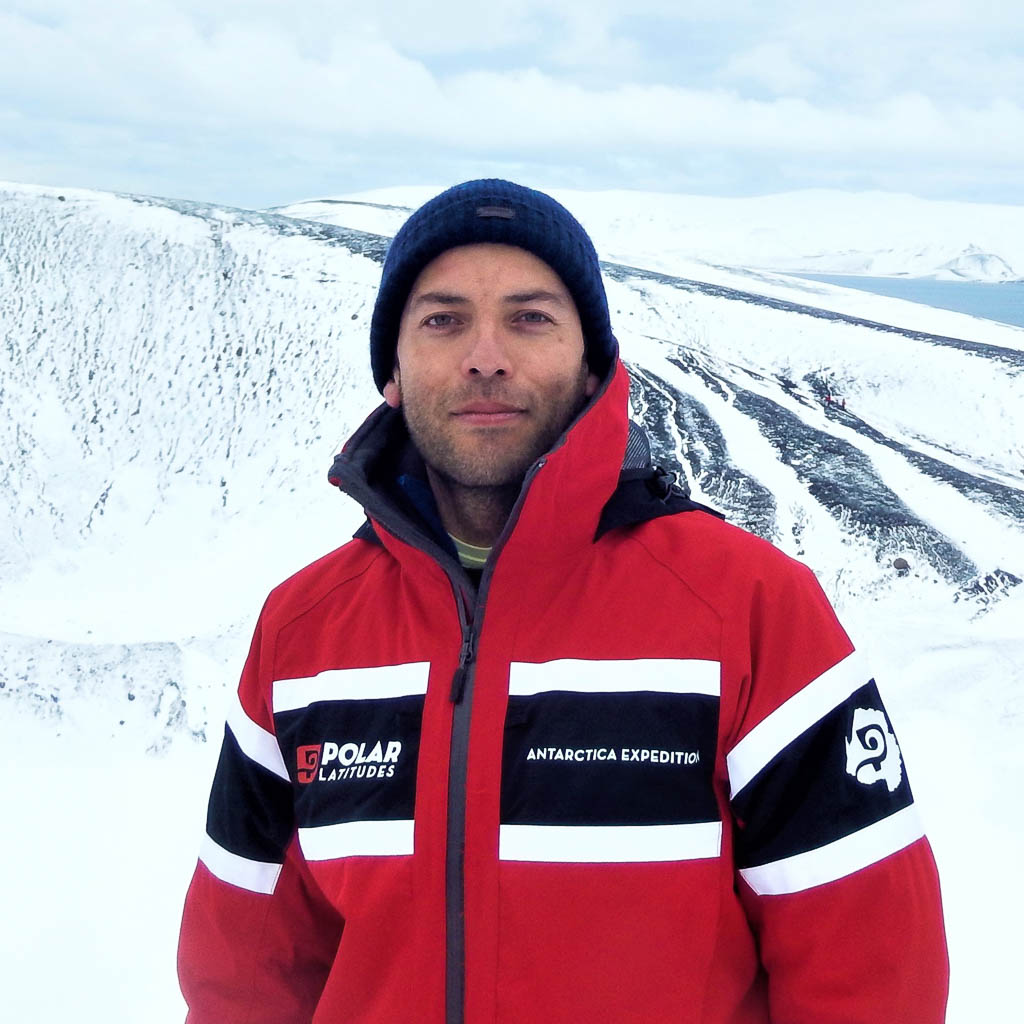

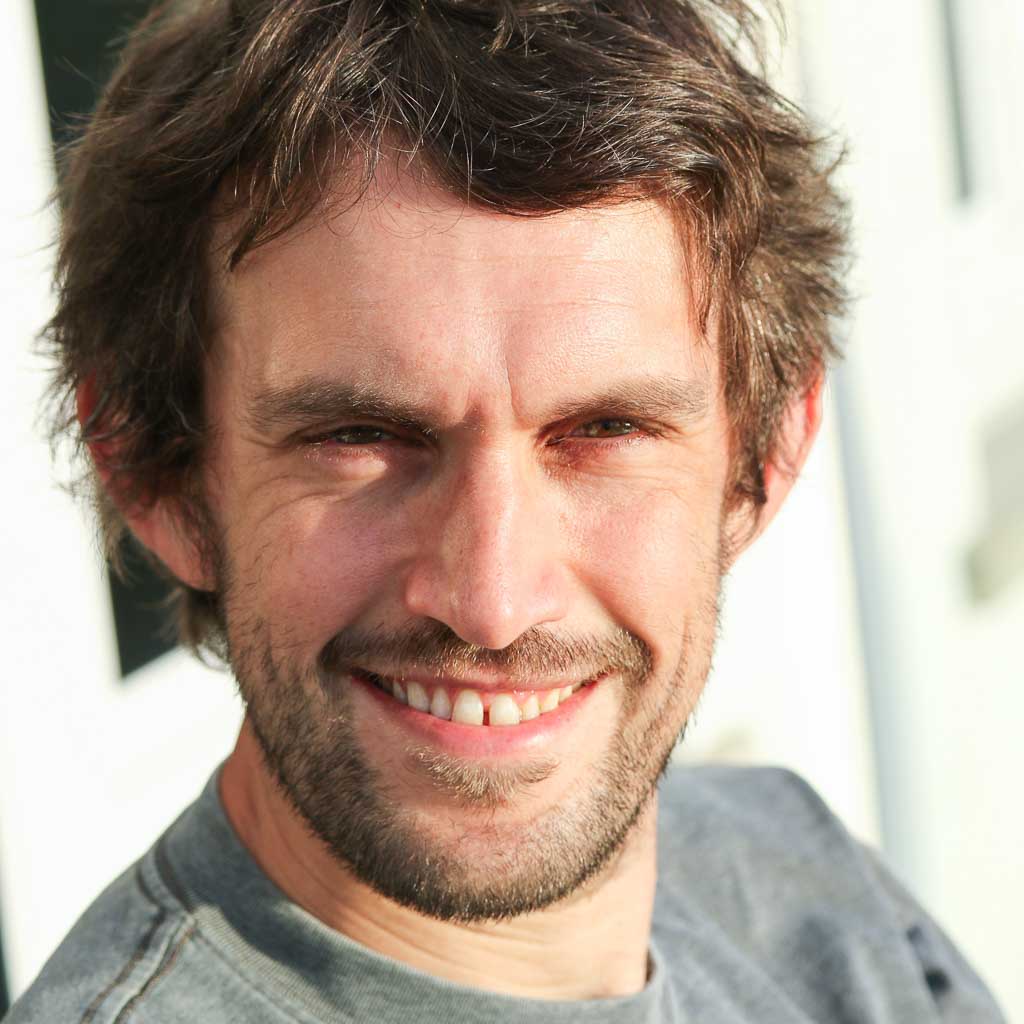

Can't find what you're looking for? Try using these tags: